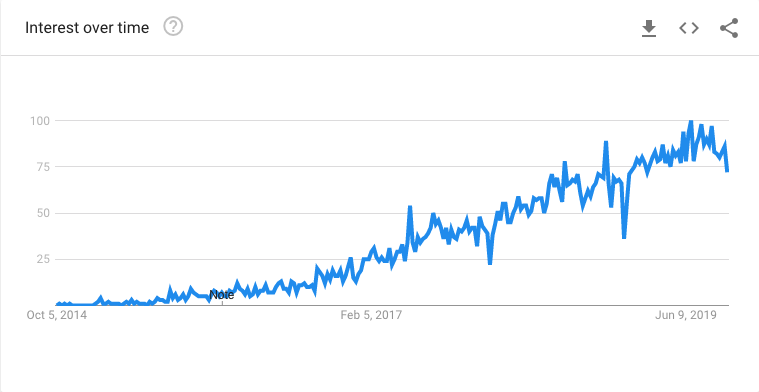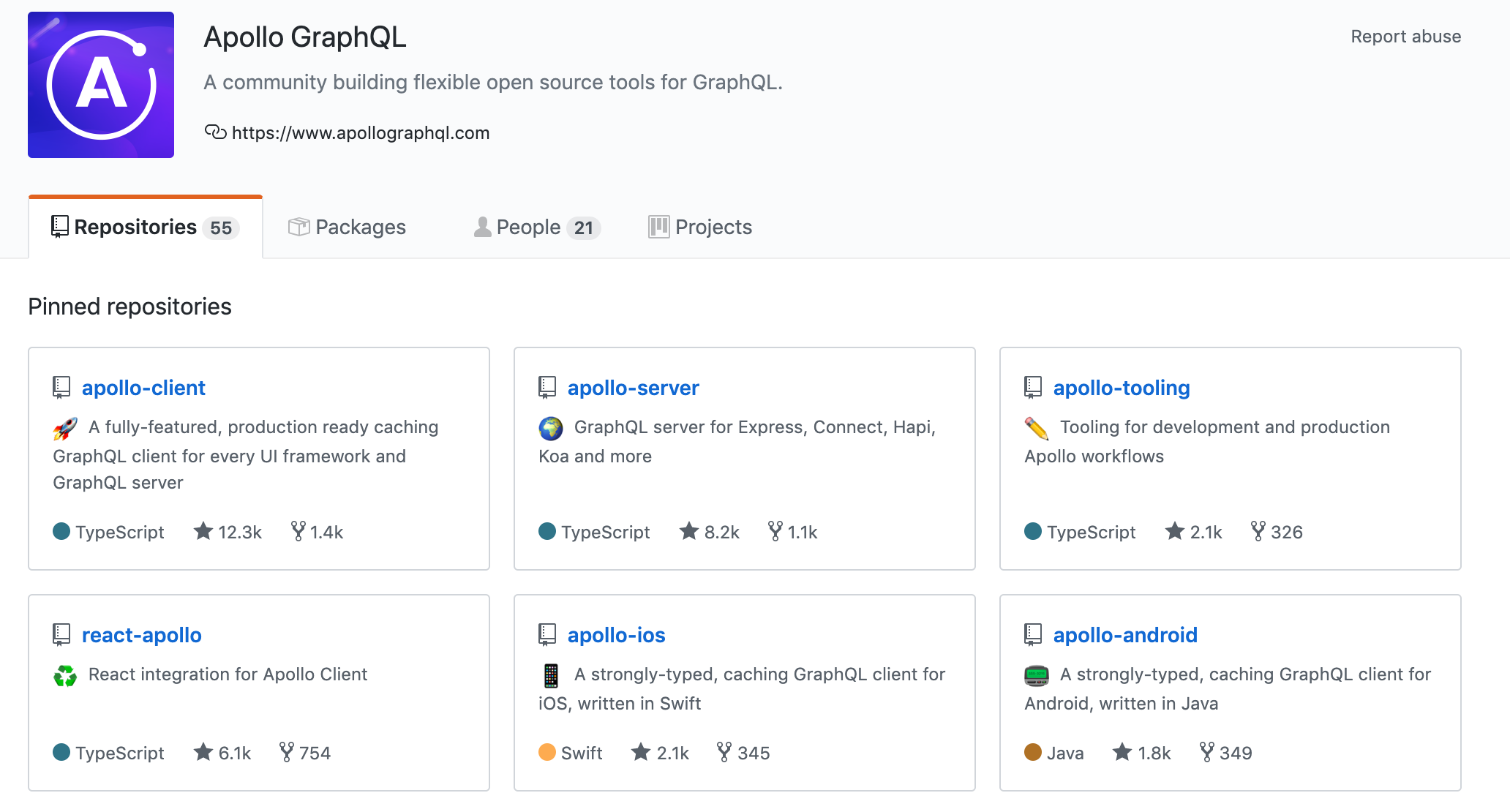Apollo
The graphQL platform that even covers the moon!
Italo "lin" lino
- Musician
- Open source enthusiast
- Love education
- Connecting people to justice.

Graphql
" GraphQL é uma linguagem de consulta. É considerada uma alternativa para arquiteturas REST, além de oferecer um serviço runtime para rodar comandos e consumir uma API.
Wikipédia

Graphql


Rest
interface Planet {
id: string
name: string,
description: string
}
interface BaseApi<T> {
getAll: () => Promise<[T]>
getById: (id: string) => Promise<Planet>
}
class PlanetAPI implements BaseApi<Planet> {
private API_URL = "https://somekindofendpoint.com/api/";
public getAll = () => axios.get<Planet>(`${API_URL}/planets`);
public getById = (id: string) => axios.get(`${API_URL}`/planet/${id});
}
about rest APIs
- A lot of endpoints 🤯
- More data than needed 💍
- Version management ♻
- Hight cost maintainment 💸
SO how GQL works?

Describe your data
type Planet {
id: ID
name: String
description: String
}
type Query {
getPlanets: [Planet]
}
Schema
Only what you need
query VemPlaneta{
getPlanet(id: "someid") {
name
}
}Response
{
"planet": {
"name": "Sanar"
}
}Query

Ways to fetch data
- Query
- Mutation
- Subscription
Query
At its simplest, GraphQL is about asking for specific fields on objects
{
planet {
name
}
}{
"data": {
"planet": {
"name": "some kind of planet"
}
}
}Query
Response

MUtation
Just like in queries, if the mutation field returns an object type, you can ask for nested fields.
mutation AddPlanet($input: AddPlanetInput!){
addPlanet(input: $input){
name
}
}{
"data": {
"planet": {
"name": "some kind of planet"
}
}
}Mutation
Response
Subscription
Real time data
subscription {
lastPlanet
}{
"data": {
"planet": {
"name": "some kind of planet"
}
}
}
------------------------------------
{
"data": {
"planet": {
"name": "another planet after update"
}
}
}
Mutação
Resposta
Apollo
Finally!

What it is?
"Apollo is a complete platform for implementing a graph over your data"
Apollo platform

Apollo PLATFORM
Players.





Apollo server
Features

Apollo Server
Universal compatibility.
Apollo Server
HUGE community.

Apollo Server
Built-in features.
- Error handling
- Pagination
- Caching
Apollo Server
Live demostration.

Bifrost GraphQL


Apollo CLIent
Features

Apollo Client
Client for every one.




Apollo Client
Interoperability with other frameworks


Apollo Client
Declarative data fetching.
function Planets() {
const { loading, error, data } = useQuery(GET_PLANETS);
if (error) return <Error />;
if (loading || !data) return <ActivityIndicator />;
return <PlanetList planets={data.planets} />;
}Apollo Client
Caching
"The InMemoryCache normalizes your data before saving it to the store by splitting the result into individual objects, creating a unique identifier for each object, and storing those objects in a flattened data structure"
- Direct Cache Access
- Read Query or Mutation
- Write Query or Mutation
- Updating the cache after a mutation
Apollo Client
Local state management @client.
{
isAdmin
}{
isAdmin @client
}Remote Root Query
Client Root Query
Apollo Client
Local state management @client.
const client = new ApolloClient({
cache: new InMemoryCache(),
link: new HttpLink({ uri: 'http://localhost:4000' }),
resolvers
});Apollo client also works as an local Apollo Server with Resolvers!!!
Apollo Client
Local state management @client.
query currentAuthorPostCount($authorId: Int!) {
currentAuthorId @client @export(as: "authorId")
postCount(authorId: $authorId)
}Nested as well
query currentAuthorPostCount($authorId: Int!) {
currentAuthor @client {
name
authorId @export(as: "authorId")
}
postCount(authorId: $authorId)
}Apollo Client
Live demostration.
React Native App



In the last
but not the least

Apollo Engine
Features

Apollo Engine
Api manager.

Apollo Engine
Live Demonstration.
$ apollo service:push --endpoint=http://localhost:4000That's all, thanks for coming!

Any questions?

Linzera